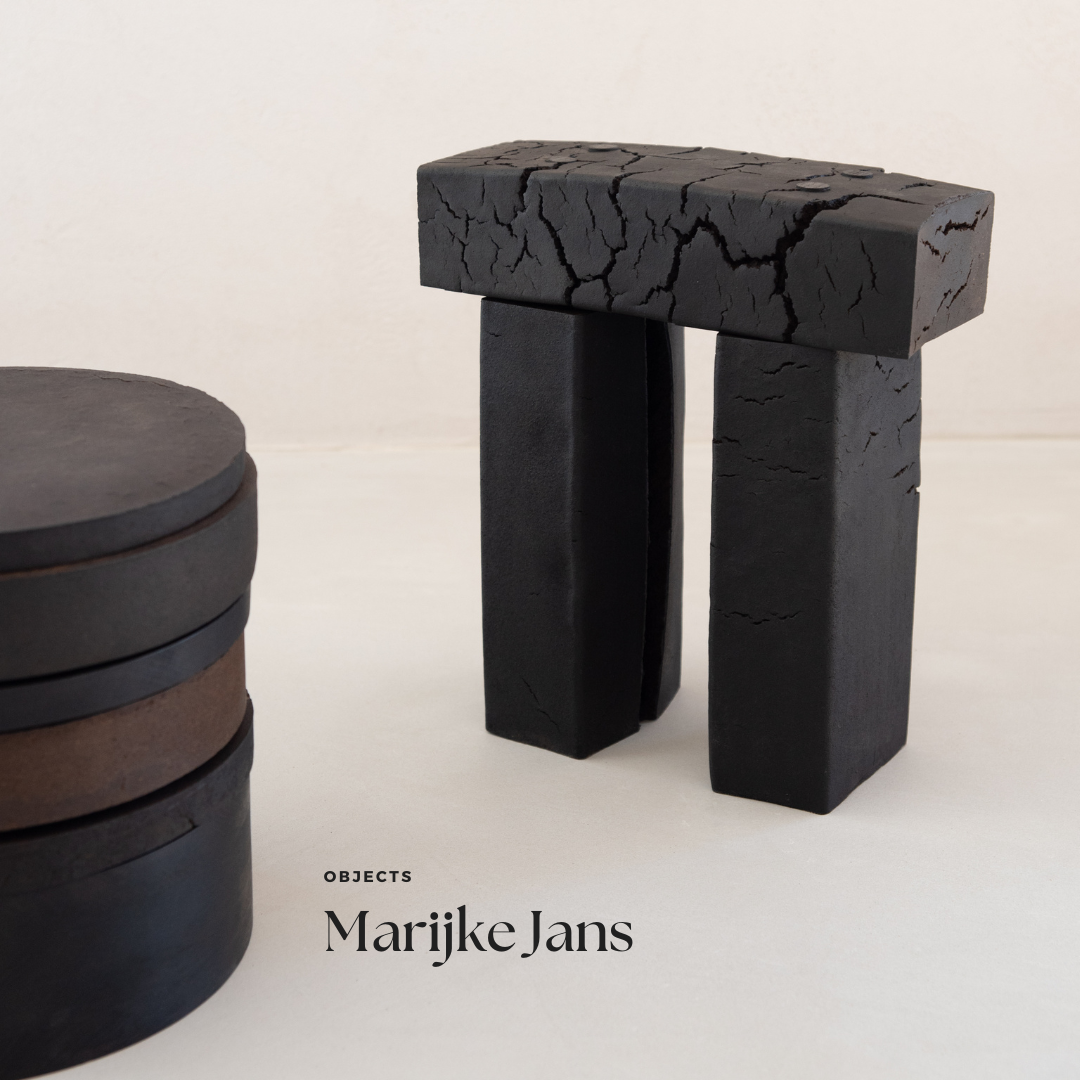
With Wanderful.stream we currently have three ongoing innovation projects that have a link to coffee grounds. Remarkable. The valorisation of coffee grounds is therefore one of the great challenges of the circular economy. Just think how many cups of coffee you drink yourself in a year. Or how much coffee is drunk in the office or in your company per year.
Knowing that all that coffee grit is carelessly thrown away is a shame. In our Euroregion, this easily amounts to more than 100 million kilos of coffee grounds per year. A gigantic waste stream. Whereas, in the circular economy, we strive for maximum value retention of raw materials.

Coffee grounds still offer a lot of possibilities. As a breeding ground for growing oyster mushrooms or microgreens, but also extraction has enormous potential and high-quality applications. The oil can be used, for example, in cosmetics or soaps, and coffee grounds can also be valorised as activated carbon in sheet metal.
Commissioned by Fevia, Koffiecafe and the King Baudouin Foundation, consultancy Möbius started a two-year project on high-quality valorisation of coffee grounds in mid-2019. They are setting up pilot projects with Proximus, Antwerp Port Authority and Antwerp University, among others. Möbius presents the most important results and lessons learned from two years of community building and innovation around coffee grounds.
During this master class, we want to share some insights and also let designer Marijke Jans speak. She did material research and came not only to biocomposite but even to leather and foam from coffee grounds.
However, the biggest challenge for recycling ‘coffee grounds’ remains collection and processing on a larger scale. This is what George May, managing director of UK-based bio-bean, will talk about. Bio-bean is considered the world’s largest processor of coffee grounds and is a shining example in terms of technical processing, but also in terms of business development.
With this Masterclass, we want to involve everyone who can play a role in the valorisation of coffee grounds. Who knows, perhaps new connections will be made during the ensuing lunch, which may lead to a Euroregional circular model. Whether coffee will be served? That has not been decided yet. A waste of the residual stream, isn’t it?